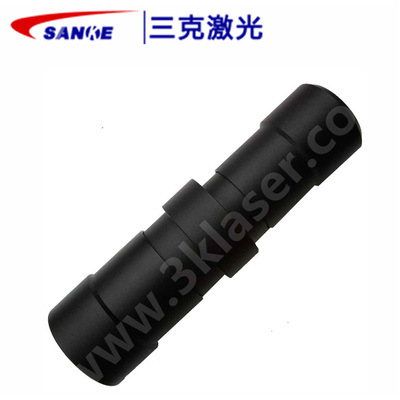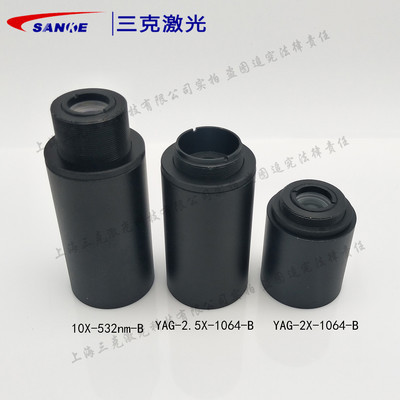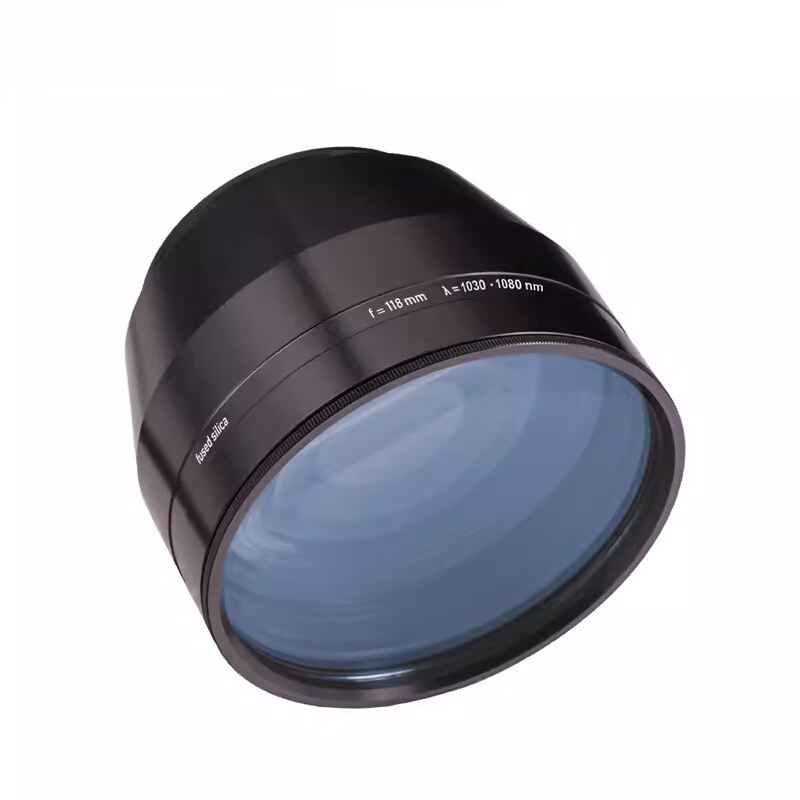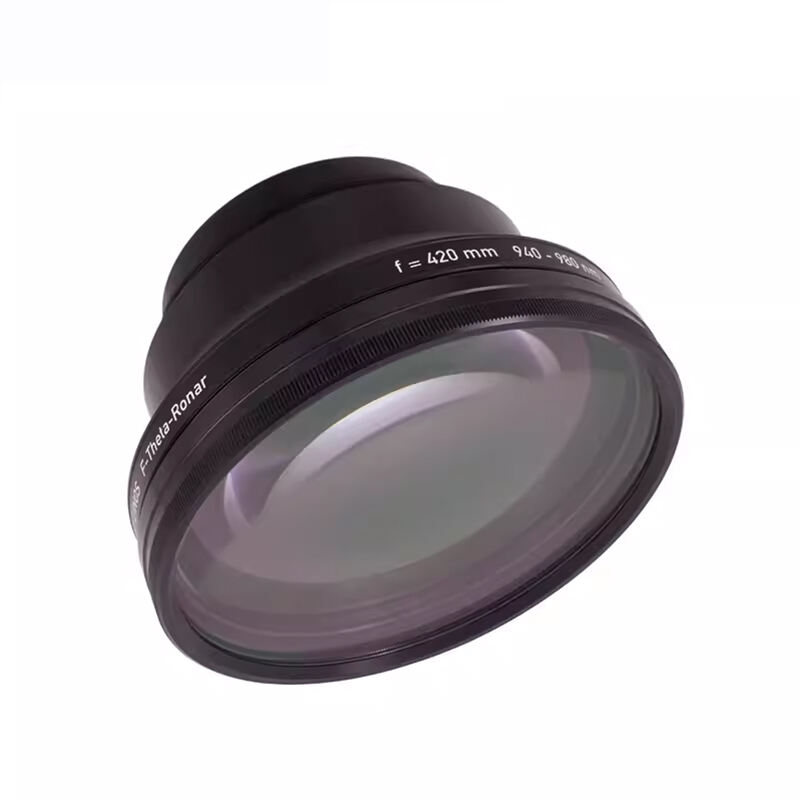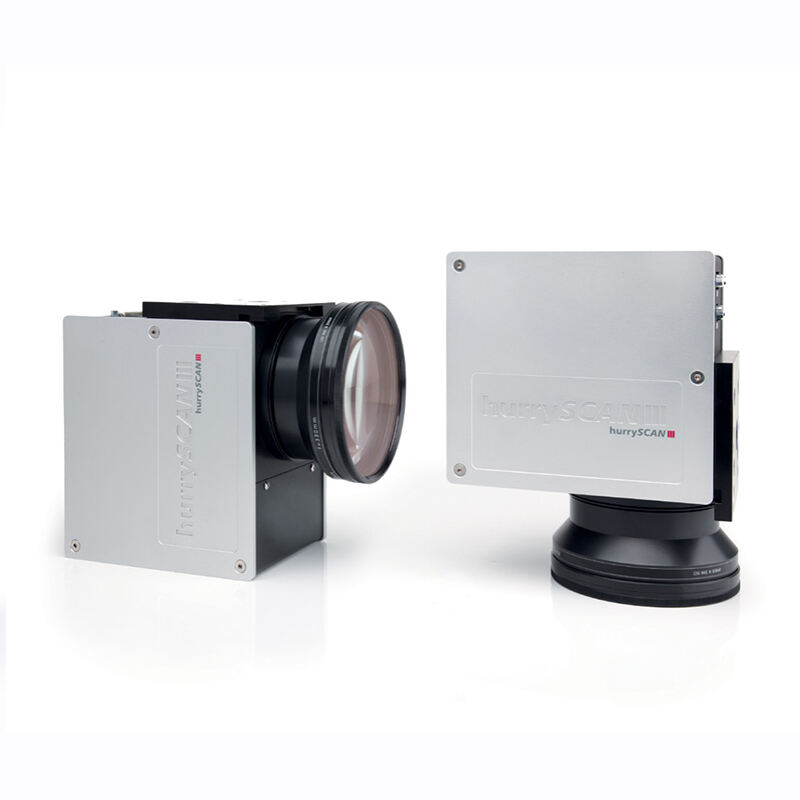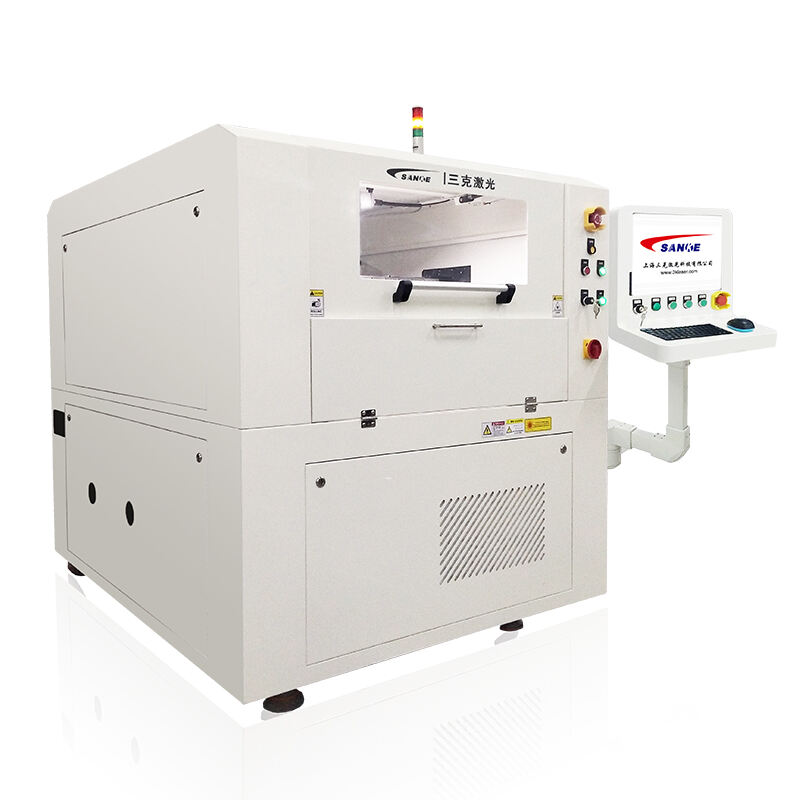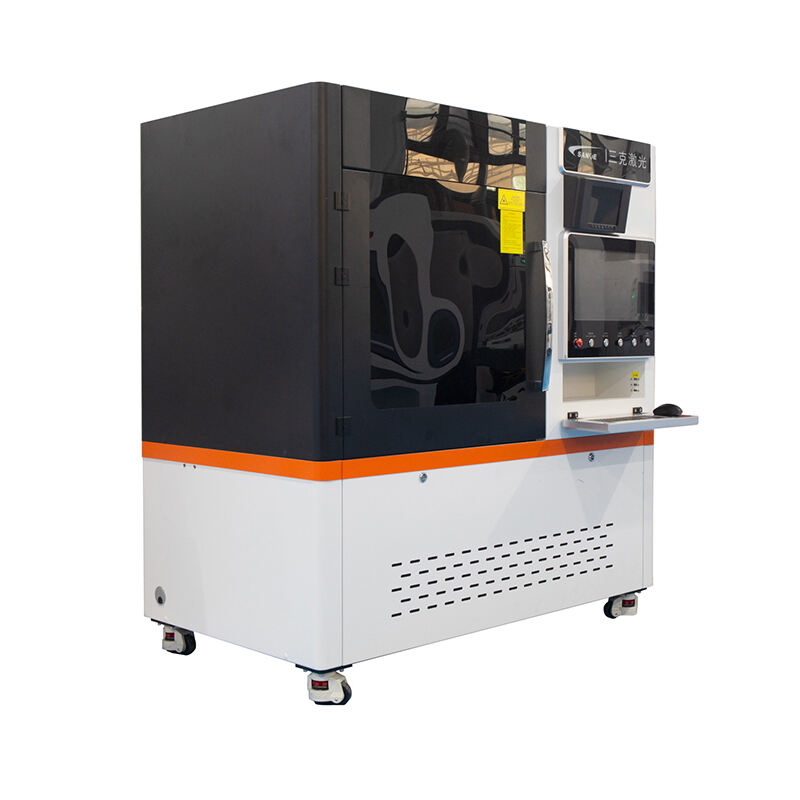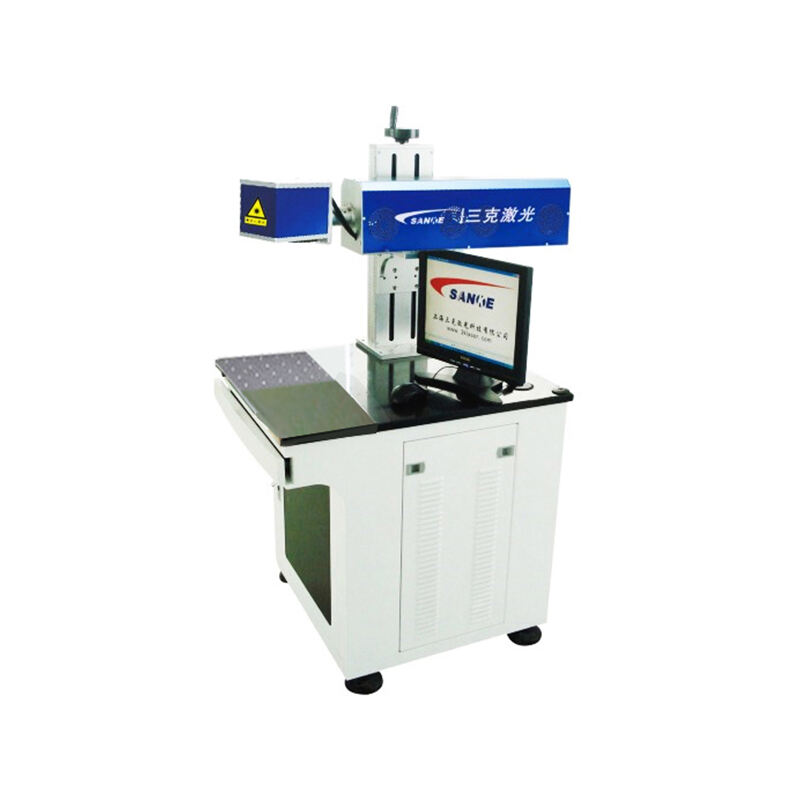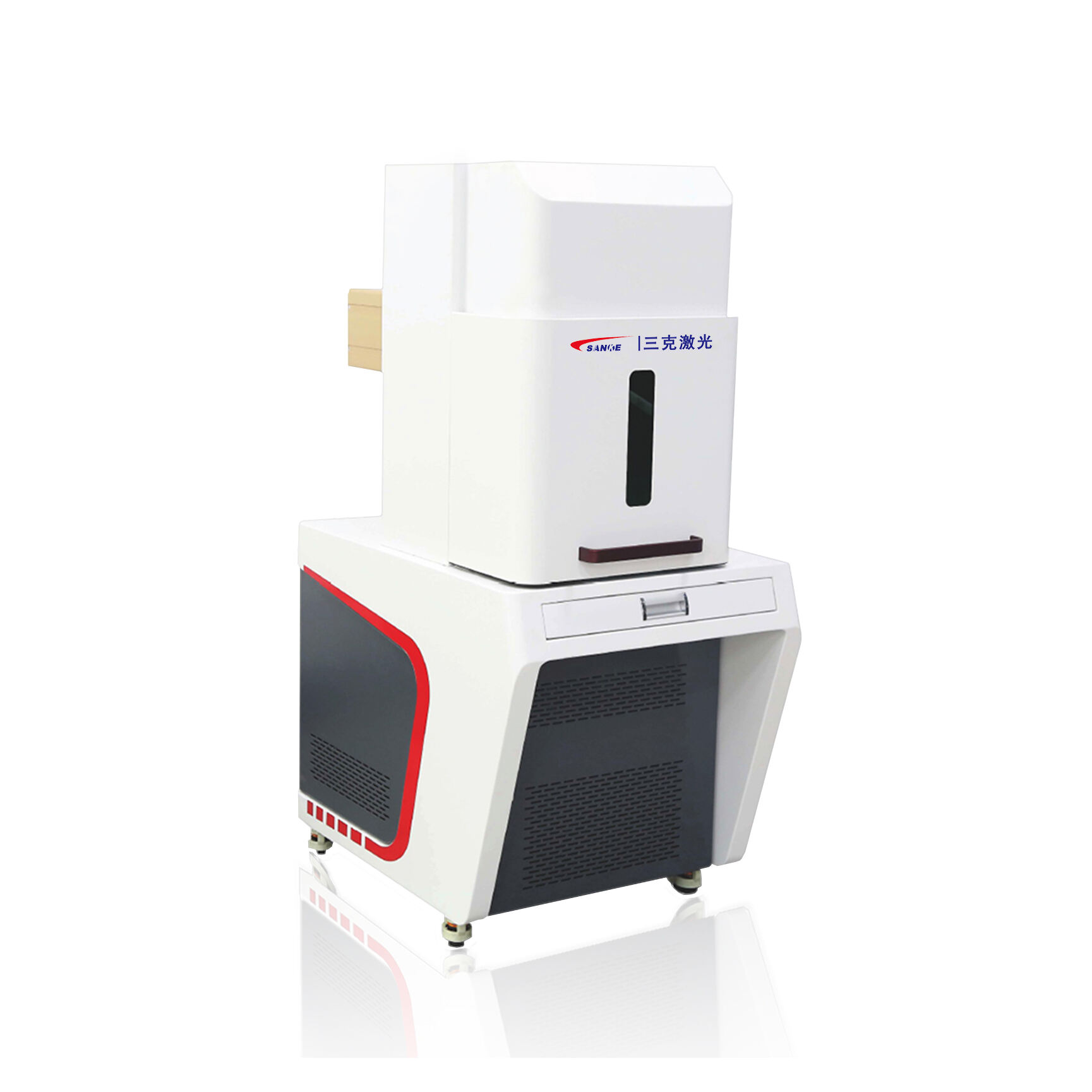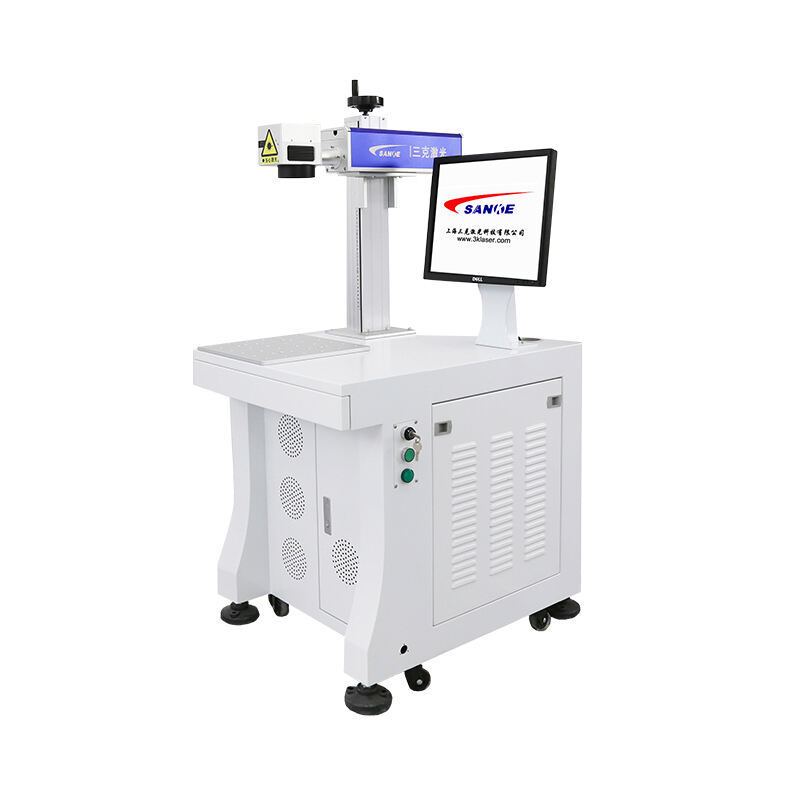دقة لا مثيل لها ومرونة عبر مواد متعددة
تتفوق آلة وسم الليزر بالألياف في تقديم دقة استثنائية تفوق بتقدير كبير التقنيات التقليدية للوسم. تنبع هذه القدرة على الدقة من أنظمة التحكم المتقدمة في الشعاع، التي تُركّز طاقة الليزر في بقع ميكروسكوبية، مما يمكّن من إنشاء علامات بحجم 0,01 مم مع دقة ثابتة. وتُقدَّر هذه الدقة بشكل خاص في الصناعات التصنيعية عند وضع علامات على المكونات الإلكترونية الصغيرة، أو الأجهزة الطبية، أو أجزاء الطيران والفضاء، حيث تتطلب القيود المكانية علامات تعريف صغيرة الحجم لكنها قابلة للقراءة. ويمتد تنوع آلة وسم الليزر بالألياف عبر نطاق مثير للإعجاب من المواد، بما في ذلك الفولاذ المقاوم للصدأ، والألومنيوم، والتيتانيوم، والنحاس، والبرونز، والعديد من البلاستيكات، والسيراميك، وأسطح الزجاج، والمواد المركبة المتقدمة. تستجيب كل مادة بشكل فريد لطاقة الليزر، وتتكيف مع هذه الاختلافات بسلاسة من خلال المعايير القابلة للتعديل في الآلة. على سبيل المثال، عند وسم الألومنيوم المؤكسد، تقوم النظام بإزالة الطبقة المؤكسدة لكشف المعدن الكامن وراءها، ما يخلق علامات عالية التباين دون المساس بالسلامة الهيكلية. ويُظهر وسم البلاستيك بعدًا آخر من هذا التنوع، حيث يؤدي التطبيق المنضبط للحرارة إلى نقش سطحي أو تغيير في اللون حسب تركيب المادة وإعدادات الليزر. كما تتكيف آلة وسم الليزر بالألياف مع اختلافات نسيج السطح، والهندسات المنحنية، والأشكال غير المنتظمة من خلال أنظمة تركيز متطورة وقدرات تحديد المواقع متعددة المحاور. وتتطلب معايير الجودة في صناعتي السيارات والطيران والفضاء علامات دائمة تتحمل درجات الحرارة القصوى، والبيئات التآكلية، والإجهاد الميكانيكي، وهي متطلبات تفي بها هذه التكنولوجيا باستمرار. وتمتد الدقة لما هو أبعد من مجرد وسم النصوص لتتضمن رسومًا معقدة، وشعارات مفصلة، وإعادة إنتاج صور فوتوغرافية، وأنماطًا معقدة تحافظ على وضوحها حتى عند تصغيرها إلى أبعاد ضئيلة. كما تتيح دمج الآلة مع أنظمة الرؤية لها تعديل الموضع والتوجيه تلقائيًا بناءً على تغيرات القطعة، مما يضمن وضع العلامة بشكل متسق بغض النظر عن تغيرات موضع المكونات أثناء عمليات الإنتاج.
 EN
EN
 AR
AR
 FR
FR
 DE
DE
 JA
JA
 KO
KO
 RU
RU
 ES
ES


